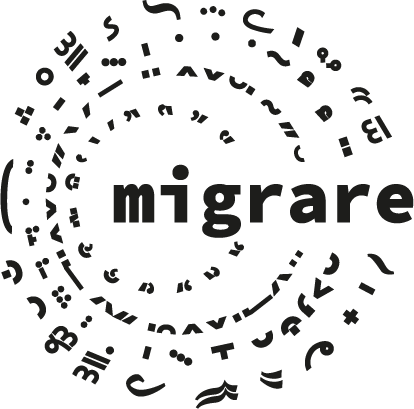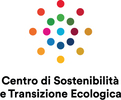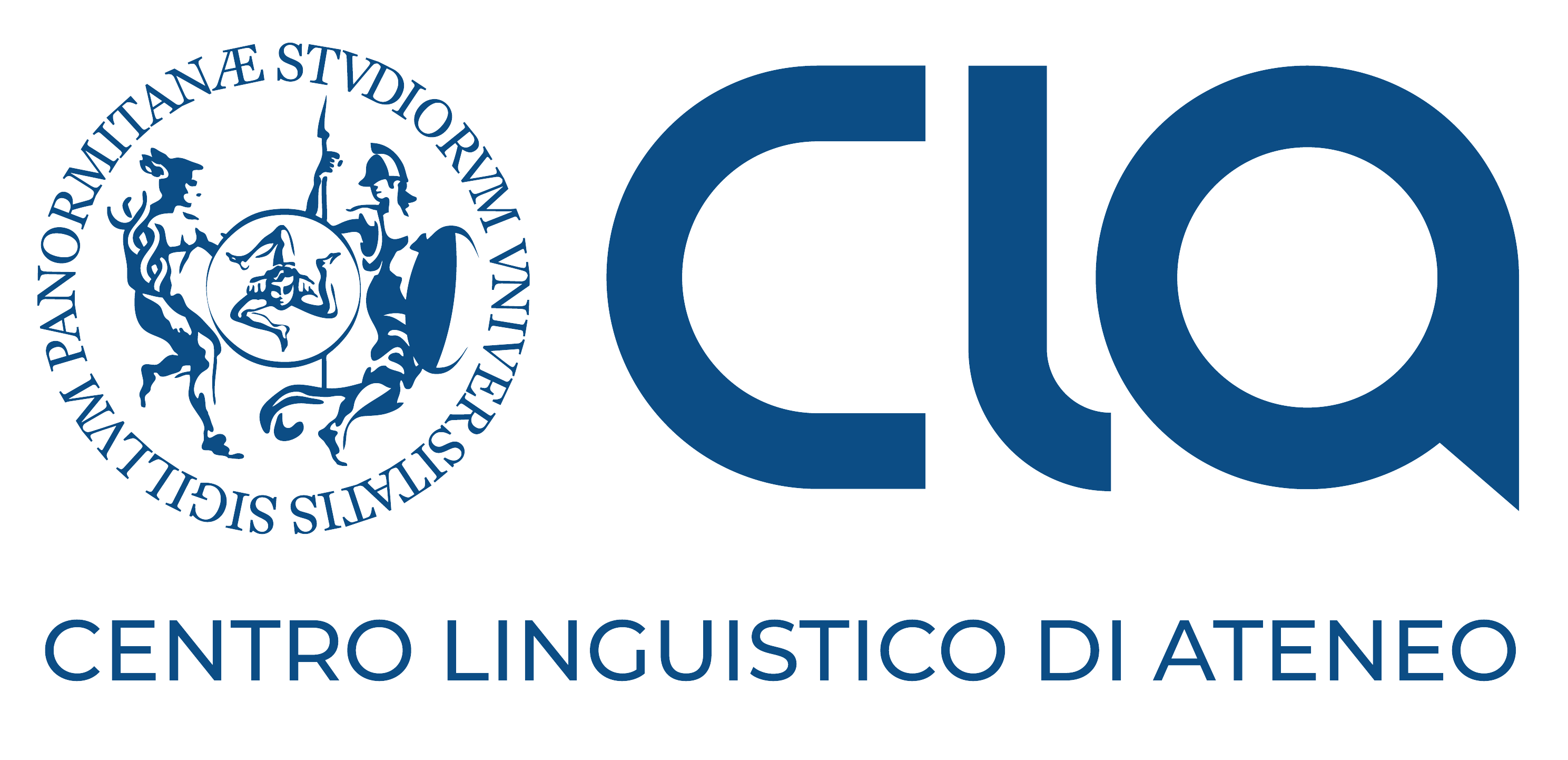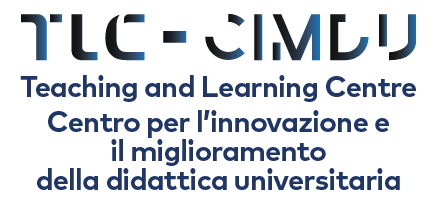CEAR-05/A – Geothecnics
Description
The Geotechnical group of the Engineering Department of the University of Palermo promotes fundamental and applied research as well as training in the field of Geotechnics. The scientific-disciplinary contents developed by the group include the principles, and theories methodologies (analytical, computational and experimental) for the geotechnical identification of soils, for the evaluation of the hydro-mechanical behaviour of geomaterials and their physical-mechanical and numerical modelling. Also, the Geotechnical group masters the knowledge for the analysis, design and realization of foundations, underground constructions, gravity retaining walls, cantilever concrete walls, anchored and free sheet pilings, tunnels, embankments, loose materials constructions, technologies and intervention methods for the stabilisation of slopes and for improving the properties of the soils.
Research activity
- Use of geomaterials for the containment of hazardous wastes: development of techniques and execution of experimental tests to characterize the geomechanical response of geomaterials used in the context of waste confinement, with special emphasis on the geological disposal of nuclear waste.
- Hydro-mechanical behaviour of partially saturated soils: development of experimental techniques and constitutive models aimed at the characterization and prediction of the hydro-mechanical behaviour of soils subjected to significant variation of the saturation degree.
- Risk assessment and risk mitigation associated with deep landslides: study on the triggering mechanisms and the reactivation of deep landslides with the purpose to propose threshold values for early warning systems, and to optimize mitigation interventions.
- Study of the mix-design of permeable concrete for deep draining trenches: experimental research aimed at determining the mix-design of permeable concrete which guarantees at the same time draining capacity and resistance to clogging for application in the fields of the improvement of the safety condition of slopes or the stabilization of water-bearing slopes.
- Study of the influence of the presence of thin, poorly resistant layers of soils on the mechanical behaviour of shallow foundations: numerical analysis of the problem based on results of tests on physical 1g model and in a geotechnical centrifuge.
- Study of hydro-mechanical behaviour of 3D printed soils: adjustment and optimization of current 3D printing techniques by extrusion to the case of soils with prevailing clayey fraction and definition of the ideal mix-design for the application. Geomechanical analysis and modelling of the extrusion process and study of hydro-mechanical behaviour of 3D printed soils.
Main research projects
Shear strength of Opalinus Clay (sponsor: National Cooperative for the Disposal of Radioactive Waste – NAGRA);
- Execution and documentation of oedometric tests (sponsor: National Cooperative for the Disposal of Radioactive Waste – NAGRA);
- Risk assessment and risk mitigation associated with deep landslides;
- Study of the mix-design of permeable concrete for deep draining trenches;
- Shear strength of discontinuities in clayey formations [PhD project in progress]
- Hydro-mechanical behaviour of 3D printed soils [PhD project in progress].
Keywords
Geomechanics, Geotechnics, hydro-mechanical behaviour of geomaterials. experimental geomechanics, geotechnical design.






























